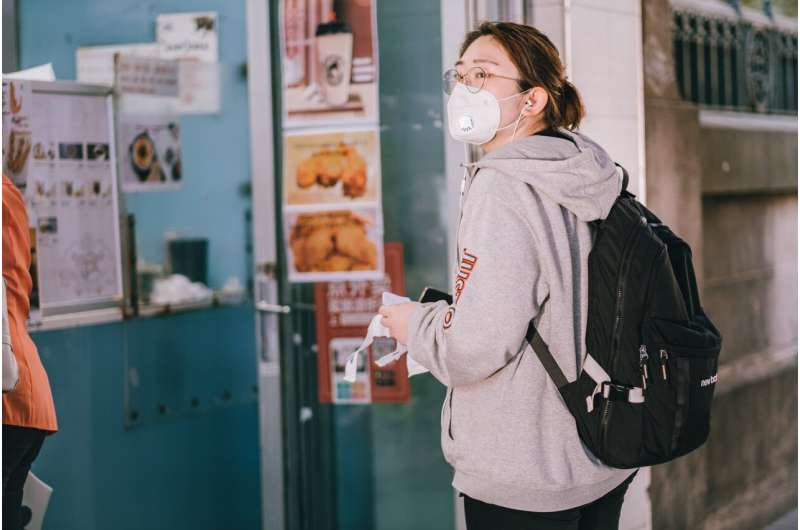COVID-19 roadmap for reopening could lead to a third wave in England

The current roadmap out of lockdown for England could lead to an extra 15,700 deaths by next summer, according to Imperial's latest modeling.
Estimates
from the Imperial College COVID-19 Response Team suggest that vaccination alone will not be sufficient to keep the epidemic under control due to eligibility,
The report, along with work from the University of Warwick and the London School of Hygiene & Tropical Medicine (LSHTM), is informing the UK government's 'roadmap' out of lockdown for England.
Under the current timings of the roadmap, the researchers estimate that peak hospital occupancy will be lower than the current wave but with considerable additional deaths by June 2022. They estimate an additional 15,700 deaths from COVID-19 across England during that time.
However, the researchers say that the estimates do not account for waning of both naturally acquired and vaccine induced immunity, which could make the outcome worse than estimated.
Professor Neil Ferguson, from the School of Public Health, said: "Our modeling suggests there will be another epidemic wave as we progress through the roadmap out of lockdown.
"The magnitude of this wave is uncertain but should be lower than the previous ones, as long as the vaccine roll-out continues at high pace, with high uptake, and without immune escape variants."
The team use many datasets including data on positive cases, hospitalisations and deaths, and serology tests which look for antibodies in the blood.
Dr. Marc Baguelin, from the School of Public Health, said: "Each dataset alone provides partial and imperfect information; for example serology surveys are not directly informative about population protection as the presence of antibodies does not mean you are fully protected.
"Every week, our model is jointly fitted to a variety of key epidemiological datasets, to ensure it matches these data well and to provide a synthesis of where we are at in the epidemic and where we may be in the future under different scenarios."
Regional differences
The projected epidemic trajectories vary across regions, with regions that were initially hit hardest during the first waves, such as London and the North West, projected to experience fewer cases, hospitalisations, and deaths than other regions.
The current roadmap out of lockdown in England will see non-pharmaceutical interventions (NPIs) released sequentially from 12 April 2021. There will be a pause between releasing various interventions to assess the impact on transmission.
Since schools reopened on March 8, there has been an increase in transmissibility and the R number is currently estimated close to one (0.85).
Vaccine rollout
The model's estimates are highly dependent on the assumed vaccine efficacy, uptake, and rollout speed.
The researchers assume that a vaccine roll out pace of two million doses per week from 2 August 2021 onwards can be maintained, however, this is currently unclear.
Dr. Anne Cori, from the School of Public Health, said: "Vaccines reduce the risk of symptoms, hospitalization and death in infected individuals. They also reduce transmission, by reducing both the risk of being infected and the infectiousness of those who do get infected.
"Our model accounts for all of these effects, and captures uncertainty around each of those, with parameters updated regularly to reflect the latest available evidence on vaccine efficacy."
SAGE published the reports that informed the UK government's roadmap out of lockdown for England on Monday, 5 April 2021.




















